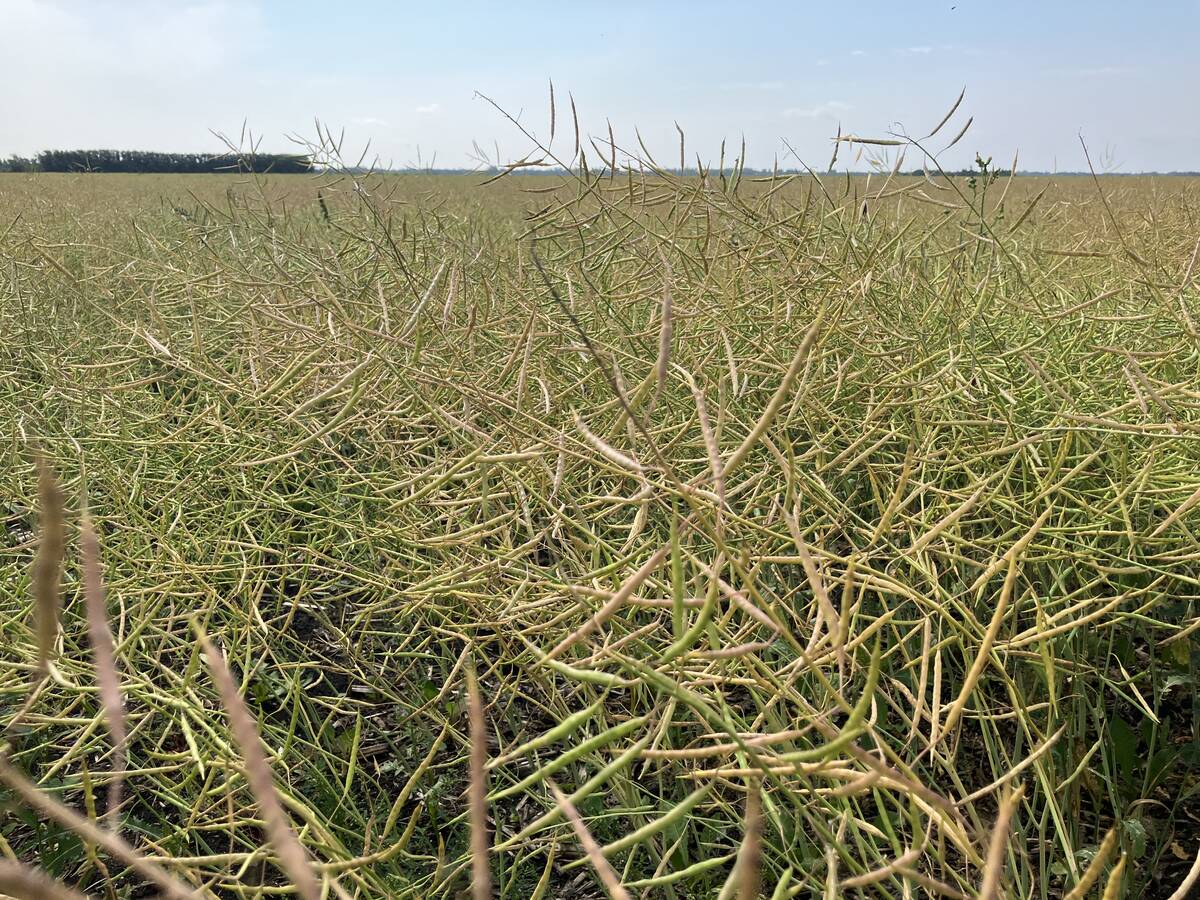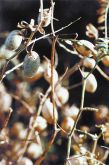The barley battle between the European Union and the United States probably won’t develop into a full-blown trade war, says the Canadian Wheat Board’s barley market analyst.
“We don’t expect an escalation of the subsidy war and we do not expect it to go into wheat,” said Peter Watts.
The U.S. announced May 27 it would use the Export Enhancement Program to subsidize the sale of 30,000 tonnes of feed barley to three traditional EU customers.
The move came in retaliation for the EU’s sale of 30,000 tonnes of subsidized Finnish barley to a California-based feed company.
Read Also

South American soybeans will have less impact on canola
South American production will, as usual, affect the global oilseed market, but Canadian canola is on the outside looking in until it can get China back or find alternative buyers.
The resurrection of the dormant EEP, which hasn’t been used on grain in three years, has raised fears among many farmers, grain industry officials and politicians that the disastrous trade war of the 1980s could be revived.
But Watts said that by using EEP in a limited way, the U.S. administration has probably been able to placate angry U.S. farmers and political interests. The key now will be how the EU responds.
“The EEP by itself is not going to be a major disturbance to the marketplace, assuming the Americans don’t continue to subsidize,” he said. “I don’t think they will, as long as the EU acts responsibly in allocating export subsidy.”
Watts doesn’t believe there is the political will in the U.S. to support an all-out trade war, although he does expect that farmers and farm groups unhappy over low prices will continue to call for more EEP subsidies.
Canadian agriculture minister Lyle Vanclief said he would send official protests to both the U.S. and the EU over the recent use of export subsidies.
“We deplore the action of both of them and they’re pushing toward the slippery slope,” he told the Reuters news agency.
Can’t compete
Leroy Larsen, president of Saskatchewan Wheat Pool, said Canadian farmers are in no position to bear the brunt of another grain trade war.
“If it becomes an all-out battle of their treasuries, Canada of course can’t participate in that kind of war,” he said. “It needs to be stopped now.”
Larsen wants the Canadian government to call together senior representatives from the major grain exporting countries to discuss the situation and ensure things don’t get out of hand.














